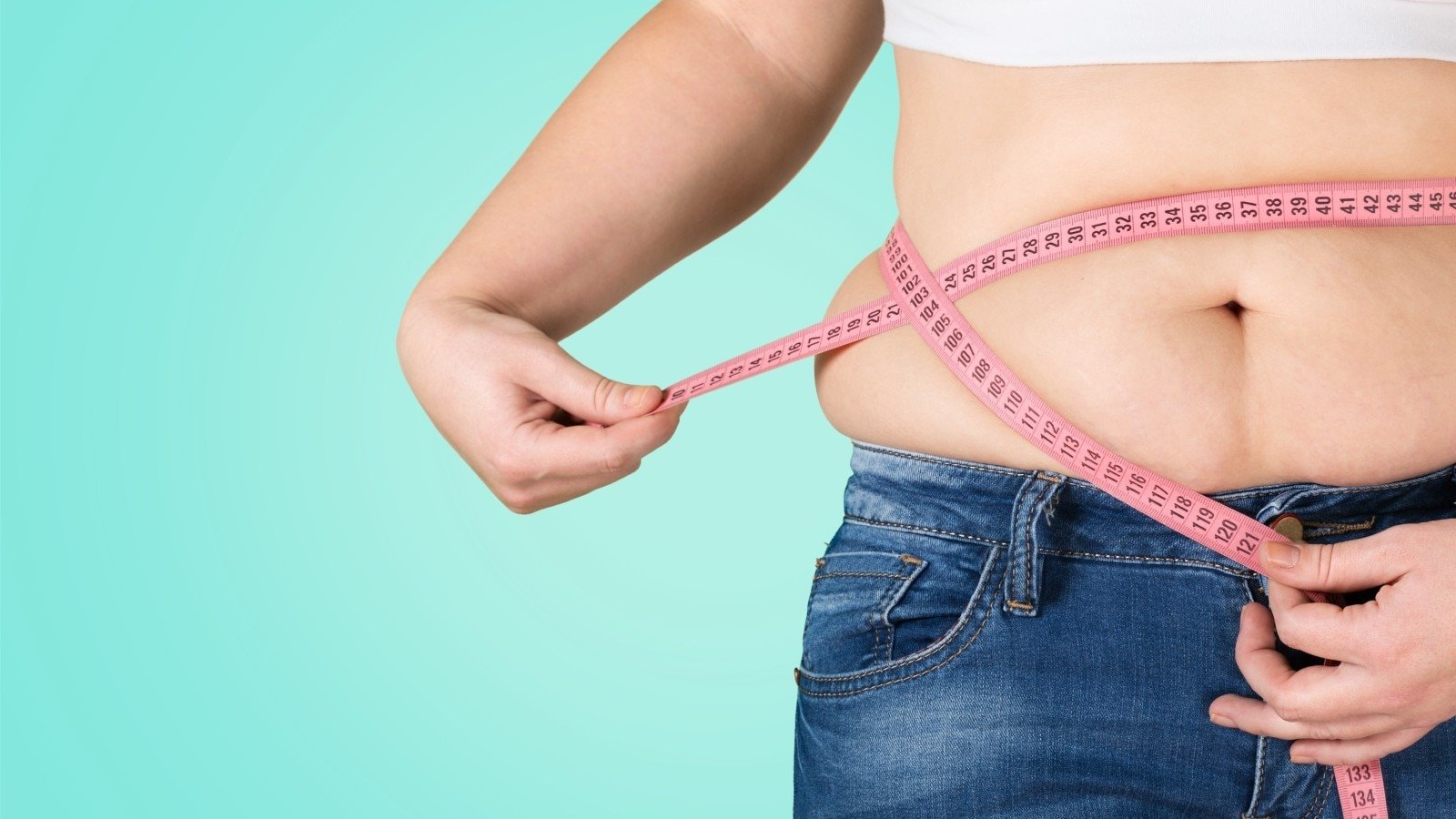Matcha is rich in antioxidants, but overconsumption can cause side effects like nausea, high blood pressure, and gut issues. A dietitian explains what risks to watch out for.
Matcha tea has taken the wellness world by storm. Its bright green hue, earthy flavour, and high antioxidant content make it the best superfood. Unlike regular green tea, matcha is made by grinding whole tea leaves into a fine powder, making it more beneficial. While it offers a concentrated dose of catechins, caffeine, and L-theanine, all linked to increased alertness and metabolism, it is not all green flags. According to experts, matcha must be consumed in moderation. If you are drinking more than two cups a day, you may experience certain side effects of matcha. Overconsumption can lead to indigestion, high blood pressure, and can even be problematic during pregnancy.
What is matcha?
Matcha and regular green tea come from the same plant, Camellia sinensis. But they differ in the growing and processing methods. For matcha, the tea bushes are shaded from direct sunlight for about 20–30 days before harvest. This boosts chlorophyll levels and increases the amino acid content, especially L-theanine, giving matcha its distinctive taste and nutritional profile.
After harvesting, the leaves are steamed, dried, and stone-ground into a fine, vibrant green powder. This means that when you drink matcha, you are consuming the whole leaf, not just an infusion like with regular tea.
Why matcha can be unsafe: 7 side effects you should know
Here are some of the most common side effects of consuming matcha, especially in high amounts:
1. Contaminants in the powder
Since matcha is made from whole ground tea leaves, you may ingest everything that the plant absorbed, including heavy metals, pesticides, and fluoride from the soil. A study published in the Journal of Consumer Protection and Food Safety warns that matcha may contain traces of such contaminants, especially if sourced from polluted regions.
2. Liver and kidney toxicity
Matcha contains about three times more antioxidants than high-quality green tea. According to a study by the National Institute of Diabetes and Digestive and Kidney Diseases, consuming high levels of catechins, the antioxidants found in matcha, may lead to symptoms such as nausea and, in some cases, liver or kidney problems. However, as Dietitian Vidhi Chawla points out, moderation is key. “The benefits of matcha are real, but so are the risks when consumed in excess,” she says.

3. Increased blood pressure
Although green tea is often promoted for heart health, it can raise blood pressure in some individuals. Research in the European Journal of Clinical Nutrition has linked green tea consumption with slight increases in blood pressure, especially when consumed frequently. If you already have hypertension, matcha may not be suitable for you.
4. Not safe during pregnancy
Matcha is rich in caffeine, and that is a red flag for pregnant women. Excess caffeine during pregnancy can lead to complications like miscarriage, low birth weight, and developmental issues. “Pregnant women should either avoid matcha or consume it under strict medical guidance,” advises Chawla.
5. Severe allergic reactions
Though rare, some people may experience allergic reactions to matcha. Its symptoms include rashes, itching, swelling, or even breathing difficulties. In case you experience any of these signs, seek immediate medical attention.
6. Risk of esophageal cancer
Drinking any hot beverage at very high temperatures can damage the lining of the esophagus over time. This has been linked to an increased risk of esophageal cancer. Let your matcha cool slightly before drinking to reduce this risk.
7. Digestive issues
Too much matcha can disrupt your gut health. Its high polyphenol content may lead to nausea, diarrhea, or even trigger symptoms of irritable bowel syndrome (IBS). Overconsumption may also cause vomiting or upset the natural gut biome.
How to prepare matcha tea the right way?
To prepare matcha traditionally:
- Sift 1–2 teaspoons of matcha powder into a bowl (called a chawan).
- Add a small amount of hot water (about 70°C or 158°F).
- Use a bamboo whisk (chasen) to mix until smooth and frothy.
- Add more hot water to your desired strength and enjoy.
You can also use matcha tea bags, but powdered matcha offers a richer experience.

Tip: Drink it in the morning or early afternoon. “Avoid consuming it too close to bedtime as the caffeine may interfere with sleep,” says Chawla.
How much matcha should I take?
Matcha offers powerful health benefits, but it can be problematic, especially if consumed in high amounts. So, make sure you choose high-quality, organic matcha and stick to 1–2 cups per day.
Related FAQs
What makes matcha different from regular green tea?
Matcha is made from whole ground tea leaves, making it more concentrated in nutrients and caffeine compared to regular green tea, which is just steeped.
Can I drink matcha on an empty stomach?
It is not recommended. Matcha may irritate the stomach lining when consumed without food, possibly leading to nausea or acid reflux.
Can matcha help with weight loss?
Matcha may slightly boost metabolism and fat burning, thanks to catechins and caffeine, but it is not a magic solution. Diet and exercise matter more.
Can kids drink matcha tea?
Due to its caffeine content, matcha is not recommended for children. It may affect their sleep, mood, or digestion.








